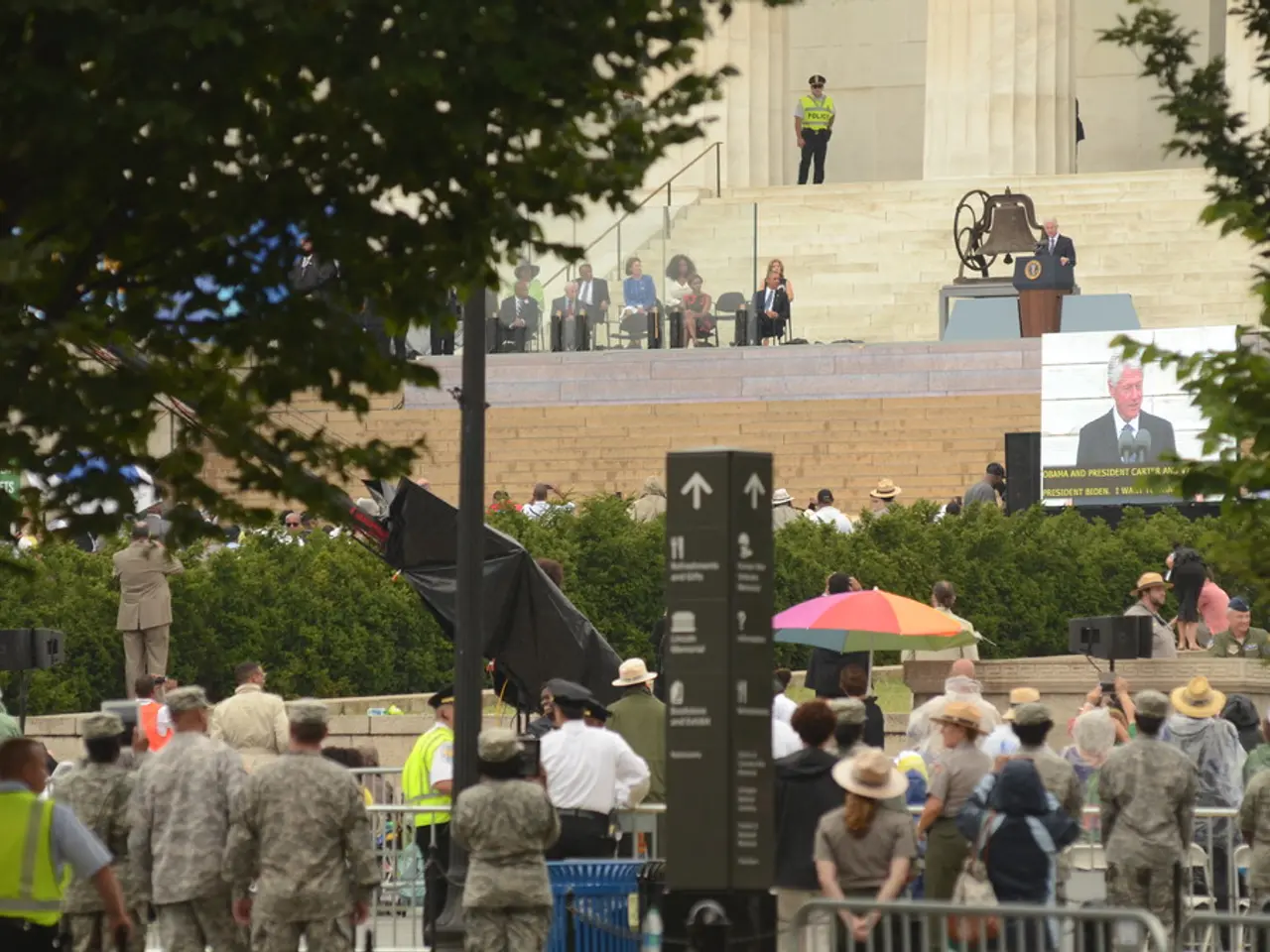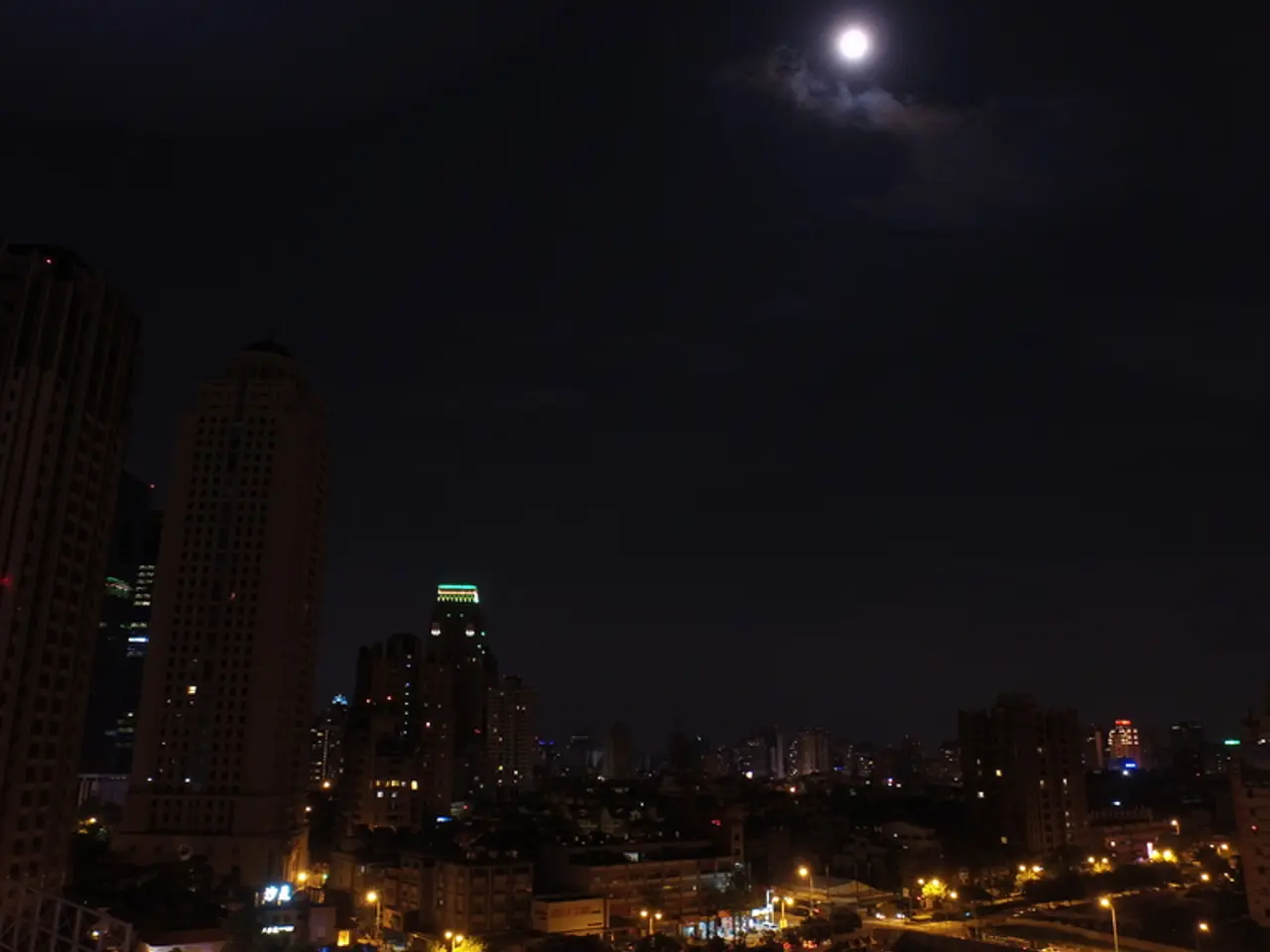Trump intends to sign an executive order that will revoke economic sanctions on Syria: White House statement
In a significant move aimed at promoting stability and peace, U.S. President Donald Trump signed an executive order on June 30, 2025, to terminate the U.S.' sanctions program on Syria. The order, titled "Providing for the Revocation of Syria Sanctions," officially removes the comprehensive sanctions that were previously in place against Syria, allowing for new investment and services in the country to support rebuilding and stability.
Key details of the current status include the removal of 518 individuals and entities from the U.S. Specially Designated Nationals (SDN) List, thereby lifting sanctions on those critical for Syria's development and government functioning. However, sanctions will continue against Bashar al-Assad, his associates, human rights abusers, drug traffickers, chemical weapons linked persons, ISIS affiliates, Iranian proxies, and other destabilizing actors.
The sanctions program now focuses accountability on these groups, with 139 individuals and entities affiliated with the previous Assad regime newly designated under Executive Order 13894 and related authorities. The order also relaxes export controls and certain foreign assistance restrictions to support Syria’s recovery, alongside a directive for the Secretary of State to review sanctions designations including Syria’s status as a State Sponsor of Terrorism and the designation of groups such as Hay’at Tahrir al-Sham (HTS).
The Executive Order also instructs the U.S. to explore sanctions relief options at the United Nations to further support stability in Syria. Despite the broad removal of sanctions, pending or future investigations for violations prior to July 1, 2025, may still proceed under the existing regulatory framework.
The termination of the U.S. sanctions program on Syria does not affect the sanctions on Iranian proxies. The executive order does not provide details on the process for removing sanctions on Syria, nor does it specify the exact individuals or entities that will be subject to sanctions.
The move comes after a landmark meeting between President Trump and Syrian President Ahmed al-Sharaa in Saudi Arabia last month, the first meeting between U.S. and Syrian leaders in 25 years. Syrian President Bashar al-Assad, who ruled Syria for nearly a quarter century, fled to Russia on Dec. 8, 2024.
The White House stated that the move aims to support Syria's "path to stability and peace." The signing of the executive order will take place in the afternoon of June 30. President Trump described the current sanctions on Syria as "brutal and crippling" in his announcement in Saudi Arabia last month.
[1] White House Press Briefing, June 30, 2025. [2] Executive Order 14025, Providing for the Revocation of Syria Sanctions. [3] U.S. Department of the Treasury, Fact Sheet: Revocation of Syria Sanctions. [4] U.S. Department of State, Readout of President Trump's Call with Syrian President Ahmed al-Sharaa.
- The revocation of Syria's comprehensive sanctions, as stated in Executive Order 14025 titled "Providing for the Revocation of Syria Sanctions," aims to promote human rights and foster peace and stability in the region, particularly amid the ongoing politics surrounding war-and-conflicts and policy-and-legislation.
- The termination of U.S. sanctions on Syria follows the landmark meeting between President Trump and Syrian President Ahmed al-Sharaa last month, a significant step in general-news that signals a shift in U.S. policy toward Syria's development and rebuilding, despite continuing sanctions on certain individuals and groups involved in human rights abuses, drug trafficking, and acts of violence.







